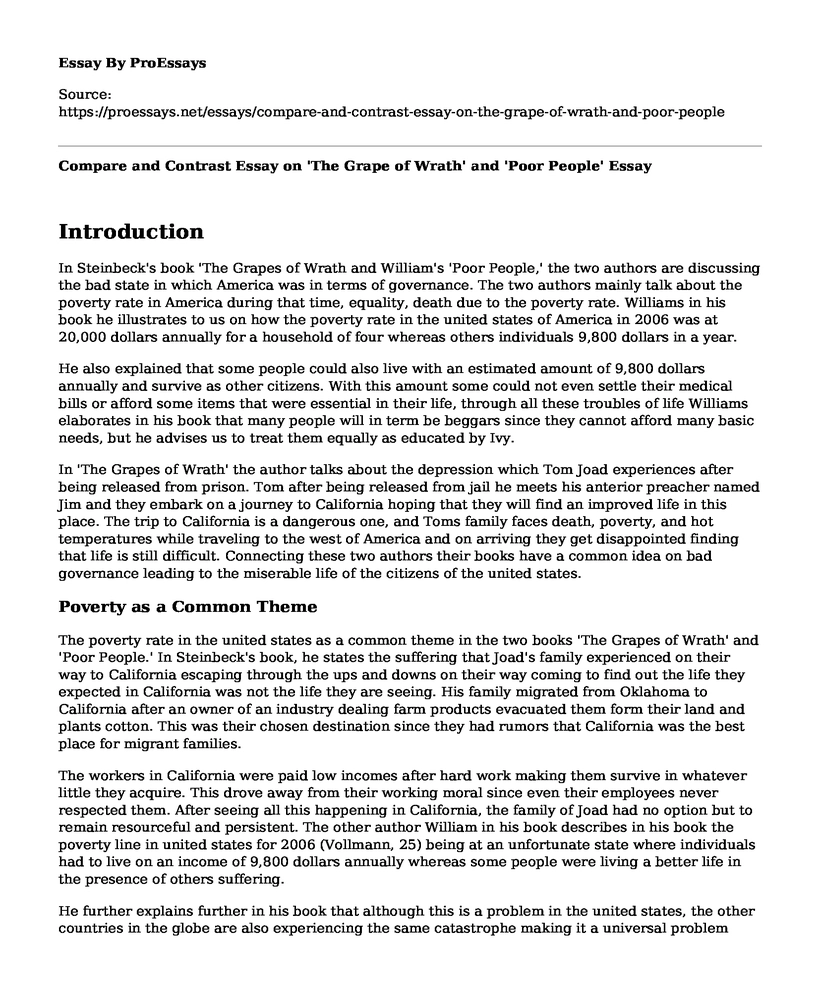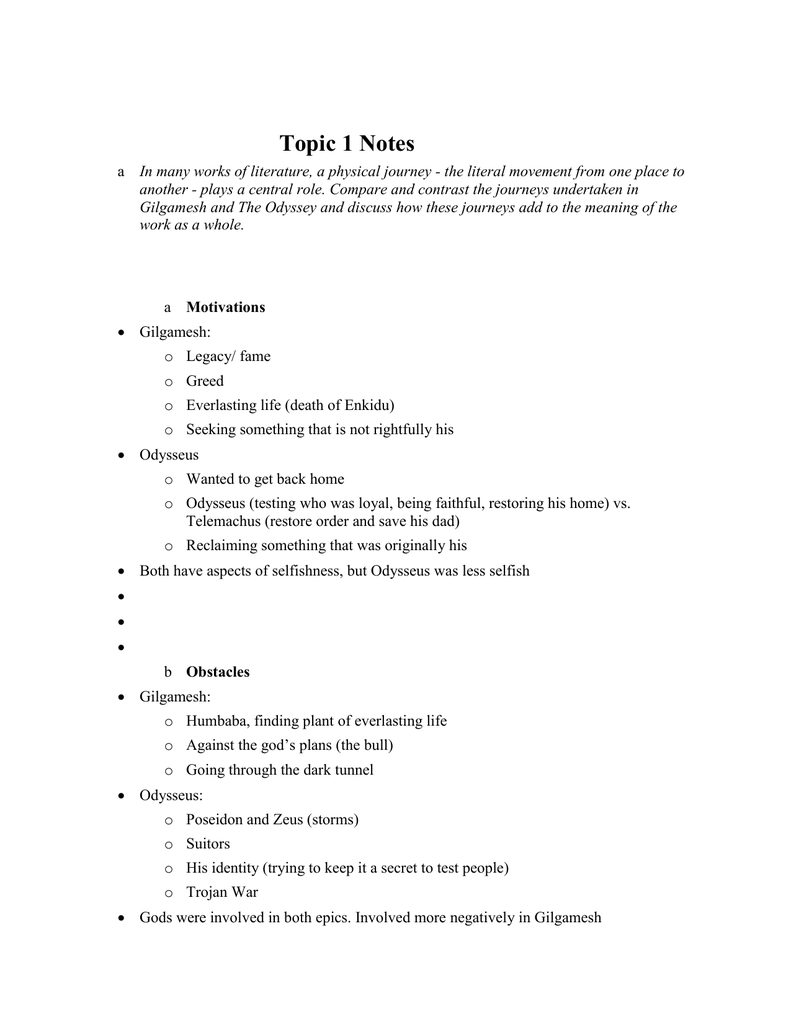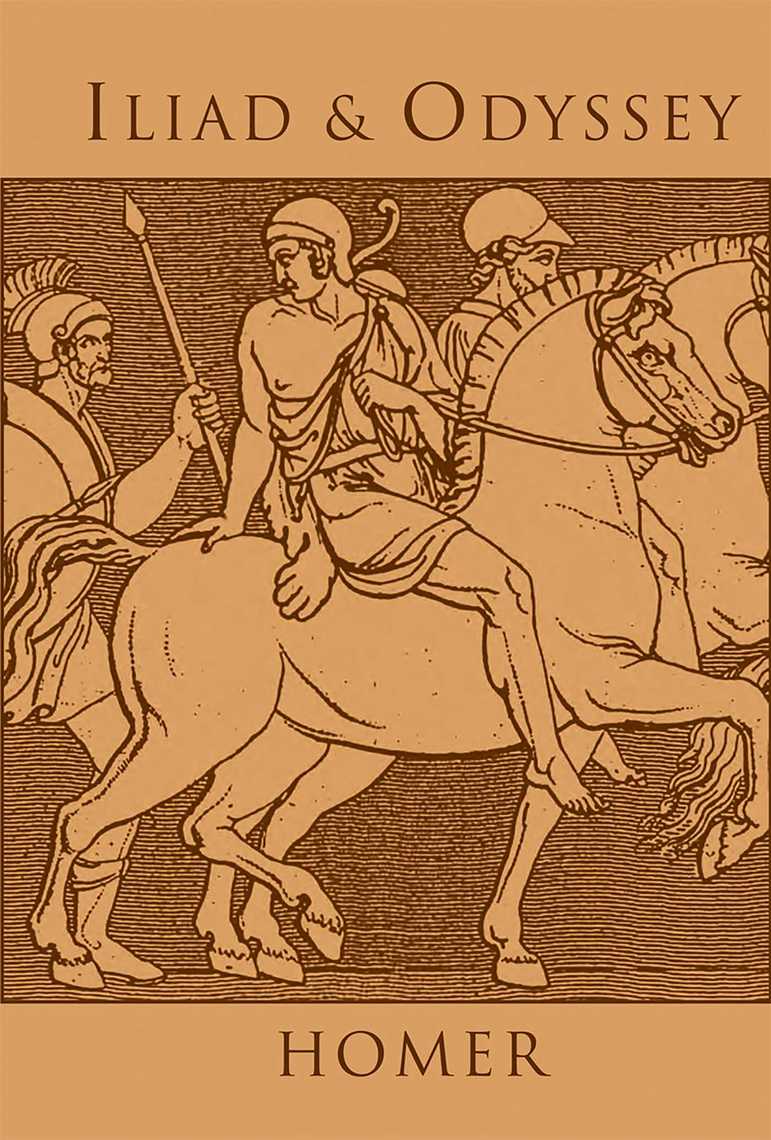The ancient epics of Gilgamesh and The Odyssey are two of the most well-known and enduring stories in literature. Both tales feature hero journeys that are filled with adventure, danger, and self-discovery. While the two stories have many similarities, there are also many differences in the journeys undertaken by their respective heroes, Gilgamesh and Odysseus.
One of the main similarities between the two stories is that both Gilgamesh and Odysseus are seeking to prove their worth and gain recognition as heroes. Gilgamesh, the king of Uruk, sets out on a quest to find the secret of eternal life after the death of his friend Enkidu. He travels to the ends of the earth, facing many challenges and monsters along the way, in order to achieve his goal. Similarly, Odysseus, the king of Ithaca, embarks on a journey home after the Trojan War, facing many obstacles and challenges as he tries to reunite with his wife and son.
However, there are also many differences in the journeys undertaken by the two heroes. One of the main differences is the motivations for their quests. While Gilgamesh is driven by a desire for personal glory and the search for eternal life, Odysseus is motivated by a desire to return home and reunite with his family. This difference in motivation is reflected in the way that the two heroes approach their quests. Gilgamesh is more focused on achieving his own goals, while Odysseus is more concerned with the well-being of those around him.
Another significant difference between the two stories is the way that the heroes handle the challenges they face. Gilgamesh is often portrayed as a reckless and impulsive hero, who is willing to take risks and charge headfirst into danger. In contrast, Odysseus is depicted as a more calculating and intelligent hero, who uses his wits and cunning to overcome obstacles. This difference in approach is demonstrated in the way that the two heroes interact with the monsters and challenges they encounter on their journeys. Gilgamesh is often shown battling and defeating monsters with brute strength and courage, while Odysseus is more likely to use trickery and deception to overcome his foes.
In addition to these differences, the two heroes also have different relationships with the gods and supernatural beings they encounter on their journeys. Gilgamesh is shown as having a more antagonistic relationship with the gods, often challenging their authority and disobeying their commands. In contrast, Odysseus is depicted as having a more respectful and cooperative relationship with the gods, seeking their help and guidance on his journey.
Overall, while the journeys undertaken by Gilgamesh and Odysseus have many similarities, there are also many differences in the motivations, approaches, and relationships of the two heroes. Both stories are rich and complex, and offer valuable insights into the human experience and the nature of heroism.
The journeys undertaken by Gilgamesh and Odysseus are both filled with adventure, danger, and self-discovery. Both men are legendary heroes in their respective mythologies, and their journeys reflect the values and themes of their cultures. While there are many similarities between the two journeys, there are also several key differences that set them apart.
One major similarity between the journeys of Gilgamesh and Odysseus is that both men set out on quests to prove their worth and achieve greatness. For Gilgamesh, this means embarking on a journey to find the secret of eternal life, which he believes will make him a true hero and immortalize his name. For Odysseus, this means returning home from the Trojan War and reclaiming his kingdom from the suitors who have taken over in his absence. Both men are motivated by a desire for fame and recognition, and their quests serve as a way for them to prove their bravery and skills.
Another similarity between the two journeys is that both men encounter a variety of challenges and obstacles along the way. For Gilgamesh, these include fighting monsters, such as the fierce Humbaba and the Bull of Heaven, and overcoming natural disasters, such as a great flood. For Odysseus, these challenges include being stranded on the island of the Cyclops, enduring the temptations of the sirens, and facing the wrath of the sea god, Poseidon. Both men must rely on their wit, strength, and determination to overcome these obstacles and continue on their journey.
Despite these similarities, there are also several key differences between the journeys of Gilgamesh and Odysseus. One major difference is the purpose of their quests. While Gilgamesh is primarily motivated by a desire for personal glory and immortality, Odysseus's journey is driven by a sense of duty and responsibility to his family and kingdom. He is not seeking personal glory, but rather a sense of closure and resolution after a long and grueling war. This difference reflects the different values of their respective cultures, with Gilgamesh's journey reflecting the more individualistic values of ancient Mesopotamia and Odysseus's journey reflecting the more communal values of ancient Greece.
Another key difference between the two journeys is the role that the gods play in their stories. In the epic of Gilgamesh, the gods are often malevolent and capricious, and they frequently interfere in the affairs of mortals. They are also jealous of Gilgamesh's ambition and try to thwart his quest for eternal life. In contrast, the gods in the Odyssey are more benevolent and supportive of Odysseus's journey. They often intervene to help him, and they grant him special gifts and protections to aid him on his quest. This difference reflects the different relationships that ancient Mesopotamian and Greek cultures had with their gods, with the Mesopotamian gods being more distant and unpredictable, and the Greek gods being more involved in the lives of mortals.
Overall, the journeys of Gilgamesh and Odysseus are both epic tales of adventure, danger, and self-discovery. Both men face a variety of challenges and obstacles on their quests, and both must rely on their wit, strength, and determination to overcome them. However, their journeys also reflect the different values and themes of their respective cultures, with Gilgamesh's journey focusing on personal glory and Odysseus's journey focusing on duty and responsibility.









